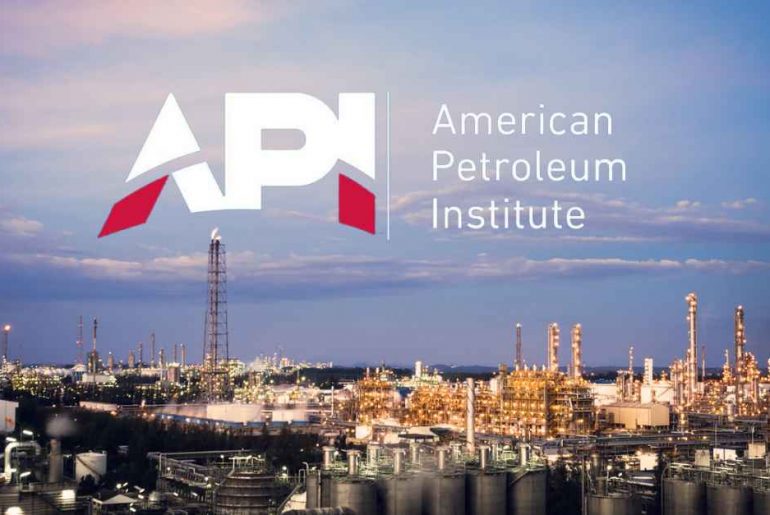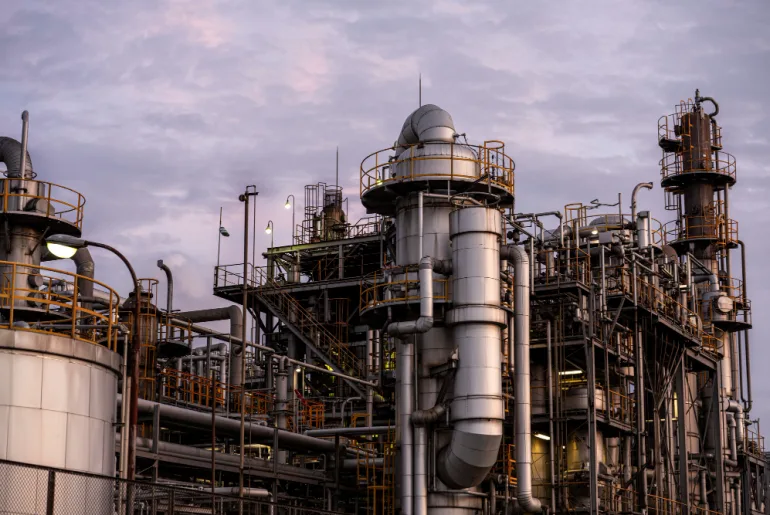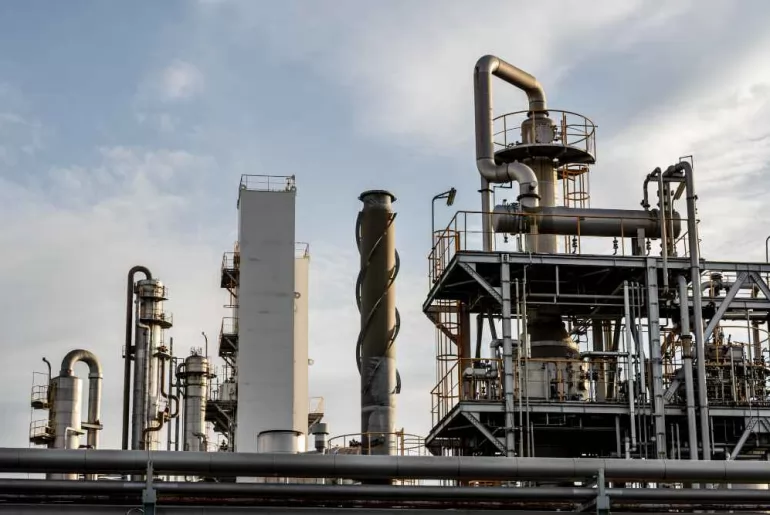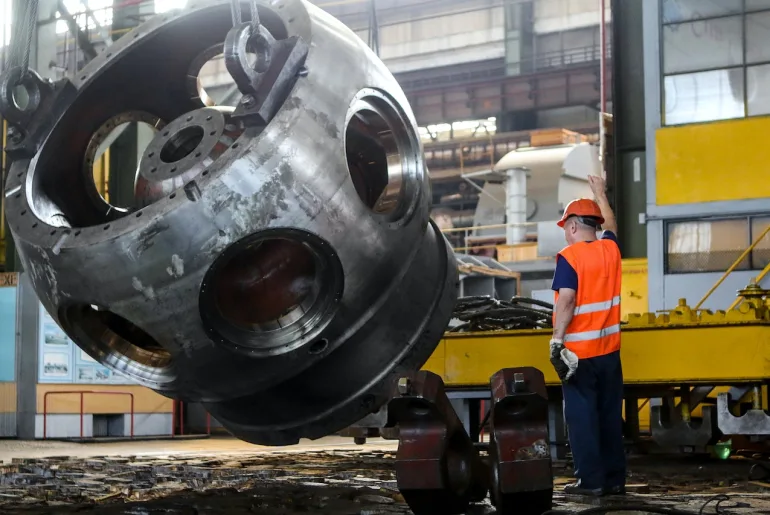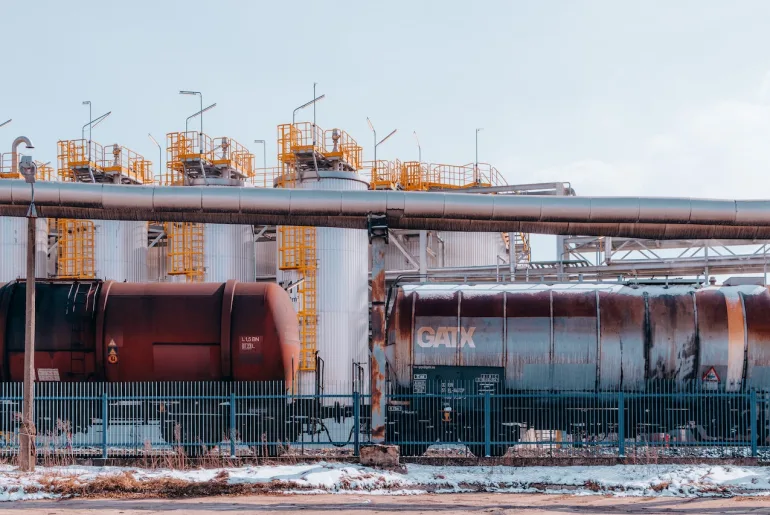Implementing API standards provides numerous benefits to businesses and developers. First and foremost, API standards maintain uniformity across applications and platforms. This consistency is critical for avoiding errors, speeding development processes, and ensuring that APIs are simple to incorporate into…
Having a thorough understanding of damage mechanisms is crucial for damage mitigation and risk-based inspection. Whether it pertains to petrochemicals, chemicals, power plants, or the oil and gas industry, possessing a comprehensive knowledge of the processes and factors that contribute…
In asset-intensive industries such as energy, petroleum, and chemicals, risk management has become increasingly important over the years. It happens because practical risk-based inspection helps companies evaluate the calculation of cost and risk to make informed decisions regarding their equipment…
Stress corrosion cracking is a significant problem in the oil and gas industry. Exposure of metal structures to stress, corrosive environments, and chemical agents can cause cracks that can lead to catastrophic failure. Both upstream and downstream companies must understand…
API 580 certification offers advanced expertise in risk-based inspection for the oil and gas industry. This valuable credential signifies a deep understanding of risk management and assessment, making it highly sought-after for career growth. As safety and efficiency remain key…
The API 580 certification is crucial for ensuring equipment safety in industries like oil and gas. It shows expertise in risk-based inspection, which is essential for keeping things running smoothly and securely. In this guide, we will break down the…
Exploring the realm of API Risk-Based Inspection, this article delves into the relevant standards and benefits of this systematic approach. Unveiling how industries like oil and gas, petrochemicals, and power can harness API codes to enhance safety, efficiency, and informed…
In the ever-changing realm of industries reliant on machinery and assets, the reliability and durability of equipment stand as paramount concerns. Addressing these concerns, API 580 emerges as a foundational guideline that has continuously adapted to technological advancements and real-world…
API 580, also referred to as the Risk-Based Inspection (RBI) standard, proves to be a highly advantageous approach for the oil and gas industry. This comprehensive framework provides a methodical way to evaluate and manage risks associated with equipment integrity.…
In the oil and gas industry, Risk-Based Inspection (RBI) is a valuable approach for proactive maintenance and risk mitigation. This article explores the fundamentals of RBI, including its fundamentals, objectives, key elements, and procedures. Whether you are new to the…

